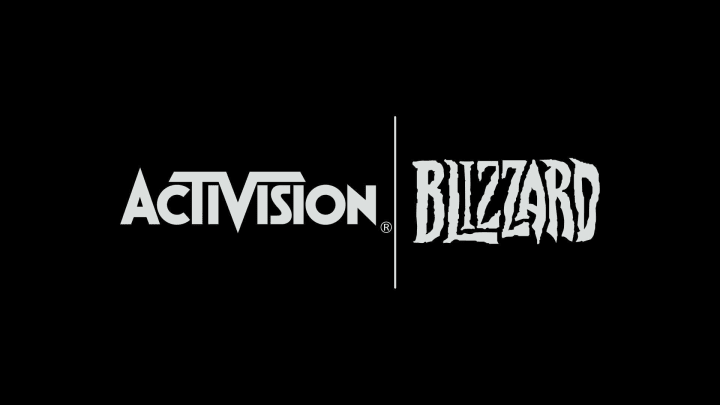Blizzard's QA Department Is a Nightmare for Employees, Report Suggests
By Jack O'Dwyer

A new report details exactly what it's like to work in Activision Blizzard's Quality Assurance (QA) Department—and it's not good.
As it turns out, the massive publisher's often-called "unwelcoming" workplace culture spreads much farther than just the developers working on World of Warcraft—shocking, we know. According to the report, employees had to brave circumstances not too far from those described in the recent lawsuit against the company. These include low wages, long hours, and potentially "overt" aggression and/or discrimination against individuals within the LGBTQ+ community.
We've broken down the biggest takeaways from the report, below.
Standing in solidarity with the employees of Ubisoft as we work towards industry-wide change.#HoldUbisoftAccountable #EndAbuseInGaming https://t.co/HUW8zcwB7V
— ABetterABK (@ABetterABK) August 11, 2021
Activision Blizzard QA Employees Speak Out
Employees were made to work anywhere between 50-70 hours a week with pay ranging from $14-$17 per hour. One employee, in particular, noted they had to take a $7/hr pay cut from the company and toiled for seven years just to return to their baseline salary.
Both minimum and maximum recorded wages hover around the average $50,000 annual salary of QA—$36,000-$61,000, respectively, using the lowest and highest recorded hours in tandem. According to MIT's Living Wage Calculator, the lower quantity is the minimum at which a single adult in Texas could reasonably support themselves with no other responsibilities (e.g.: children, etc.).
As with most states, this can fluctuate depending on the region. A worker in the heart of Manhattan would need to earn more to stay afloat when compared to someone living in the north.
For context, as Kotaku puts it, "assuming you work a standard 9-to-5, 40-hour week, putting in 70 hours a week means you’d never have a Saturday off." Employees would be clocking out at 8-9 p.m. every day depending on if they allowed themselves an hour for lunch.
Lack of proper pay isn't all that ActiBlizz's QA department puts up with. The report alleges they have neither appropriate medical insurance nor sick leave or paid-time-off. Most employees in the department are hired under a contract that offers little security or rights to the aforementioned benefits. They're consistently at risk of at-will termination—which leaves little protection to fight for proper treatment.
This is reflected in the pervasive "desperation" reporter Ari Notis described was present throughout employee testimonials. One individual, identifying themselves as "Billy," notes that they simply wouldn't be able to afford to live on their own.
"I don’t have loans of any sort, or children, and I live with my partner so I think I am better off than most. [But] I know many people who literally cannot take time off of work right now despite their mental health being absolutely awful, because they wouldn’t be able to afford basic necessities such as rent and food." They said.
Others shared similar sentiments to back up Billy's claim—with one explaining that even with three working adults, it was difficult to make ends meet.
Last week more than 3,000 current ABK employees signed an open letter asking, among other things, for Fran Townsend to step down as sponsor of the ABK Women's Network. We are glad she listened, and hope that this will be followed by leadership addressing employees' other demands.
— ABetterABK (@ABetterABK) August 7, 2021
Anti-LGBTQ+ Discrimination
One issue highlighted by a second anonymous employee, "Andrew," can be boiled down to HR indifference. According to Andrew, the company's Slack profiles often reset to their legal names, presenting the ever-looming threat of being accidentally outed as transgender. HR is aware of the issue, he explained, but it has persisted for "at least a year."
Billy described an incident of blatant transphobia upon requesting their co-workers to use they/them pronouns when referring to them. None of their teammates compiled, they say. One even went on to make the hackneyed "attack helicopter" jab while seated just a few chairs down from them.
"No one said anything to correct it." Billy said.
They ended up moving to a different team soon afterward.
However, it's worth noting that Andrew, a transgender man, stated he never had any issues of the sort—though he does recognize that he can't say the same for everyone.
A statement from a different anonymous employee suggests that this situation is likely more common than the company lets on. Only one seminar was provided during their career within the studio. According to this individual, Blizzard's sensitivity training is bare-bones, at best, and certainly doesn't cover pronoun usage.
Activision Blizzard has yet to respond to these claims at the time of writing.